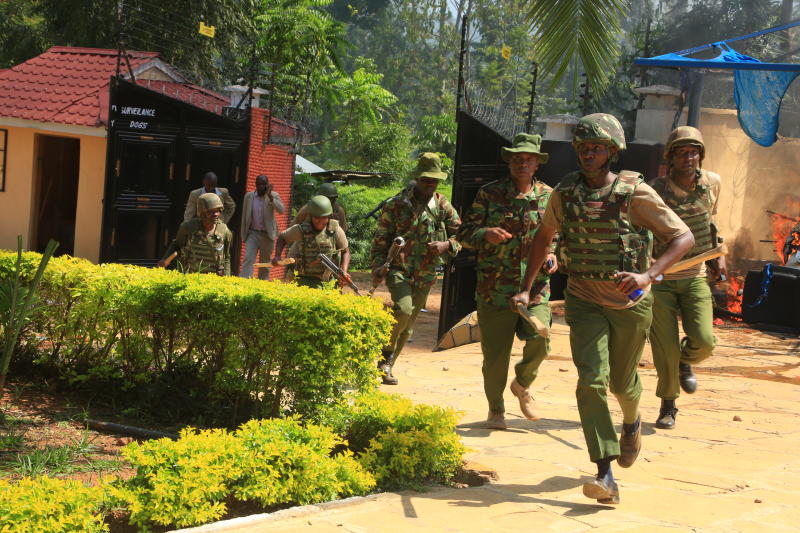×
The Standard e-Paper
Kenya’s Boldest Voice

Over 22,000 Administration Police officers are set to be converted to Kenya Police in a move that will also pave the way for far-reaching changes in administration.
Slightly over 25,000 APs will be left to manage the core duties – border patrol, rapid deployment, security of Government installations and anti-stock theft campaigns.